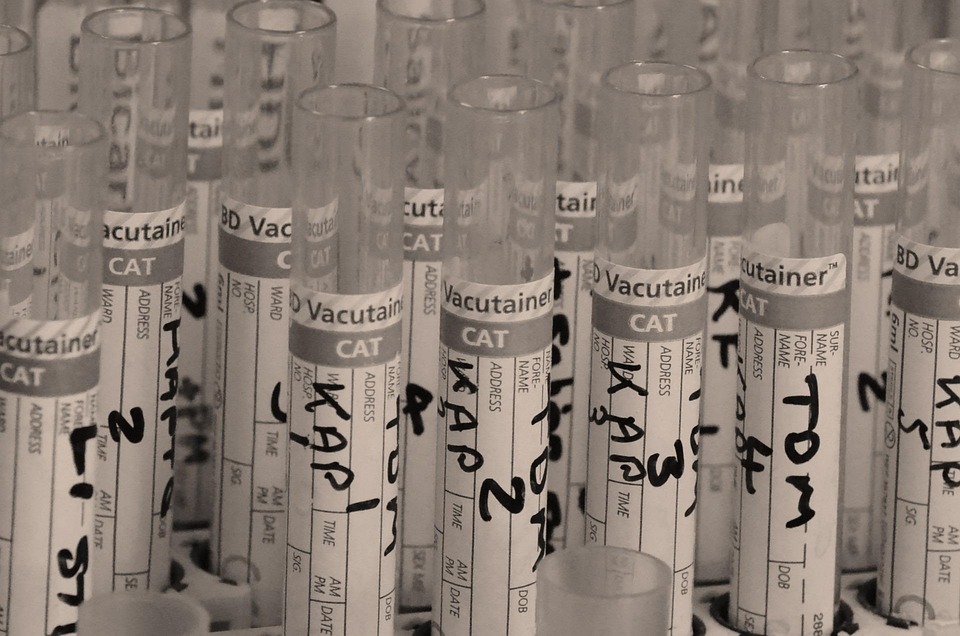Crafting the Perfect Cover Letter for Clinical Research Associate Positions: A Comprehensive Guide
Navigating the intricate world of clinical research requires not just knowledge and expertise, but also the ability to present oneself effectively. As you prepare to apply for a Clinical Research Associate (CRA) position, your cover letter serves as a crucial first impression. It is your opportunity to convey not only your qualifications but also your passion for the field. Here’s how to refine your cover letter into a compelling narrative that stands out.
Understanding the Role
Before penning your cover letter, immerse yourself in the specific responsibilities of a CRA. The role often demands a blend of scientific acumen, attention to detail, and interpersonal skills. Familiarise yourself with the typical tasks: monitoring clinical trials, ensuring compliance with regulatory requirements, and liaising between stakeholders. This understanding will allow you to tailor your letter to reflect your suitability for the position.
Personalising Your Introduction
Begin with a strong opening that grabs attention. Avoid generic greetings. Instead, use the hiring manager’s name if possible. A personalised introduction not only shows initiative but also demonstrates your genuine interest in the position. Perhaps reference a recent project or achievement of the company that resonates with your ambitions. This establishes a connection and sets a positive tone for the rest of the letter.
Showcasing Relevant Experience
When discussing your experience, it’s essential to align your skills with the demands of the CRA role. Use specific examples that illustrate your capabilities. For instance, if you’ve participated in clinical trials, highlight your contributions—did you enhance data accuracy? Did you streamline reporting processes? Quantify your achievements where possible; numbers often speak louder than words.
- Field Experience: Detail any hands-on experience in clinical settings. Describe your role in trials, the methodologies employed, and the outcomes achieved.
- Technical Skills: Emphasise your familiarity with data management systems, regulatory standards, and clinical protocols. Mention any relevant software you’ve used, such as EDC systems or project management tools.
- Soft Skills: In addition to technical prowess, underscore your communication and teamwork skills. As a CRA, you’ll be collaborating with diverse teams—demonstrating your ability to adapt and engage is paramount.
Demonstrating Passion for Clinical Research
Your cover letter should reflect your enthusiasm for clinical research. Share a brief anecdote about what drew you to this field. Perhaps it was a personal experience or an inspiring mentor. This narrative not only humanises your application but also illustrates your commitment to advancing medical science.
Concluding with Impact
As you wrap up your letter, reiterate your excitement about the opportunity and express your eagerness to discuss how you can contribute to their team. A confident closing statement can leave a lasting impression. Avoid generic phrases—opt for something unique that encapsulates your personality and ambition.
A Final Touch
Before sending your cover letter, ensure it is impeccably polished. Grammatical errors or typos can undermine your professionalism. Consider asking a colleague or mentor to review it; a fresh set of eyes can catch nuances you might have missed.
In the competitive landscape of clinical research, a well-crafted cover letter can set you apart from the crowd. Embrace the opportunity to showcase your unique blend of skills, experiences, and passion for the field. With these insights, you’re well on your way to securing that coveted CRA position.
At CVPortal, we consistently provide you with a variety of high-quality CV references to support your career journey.


